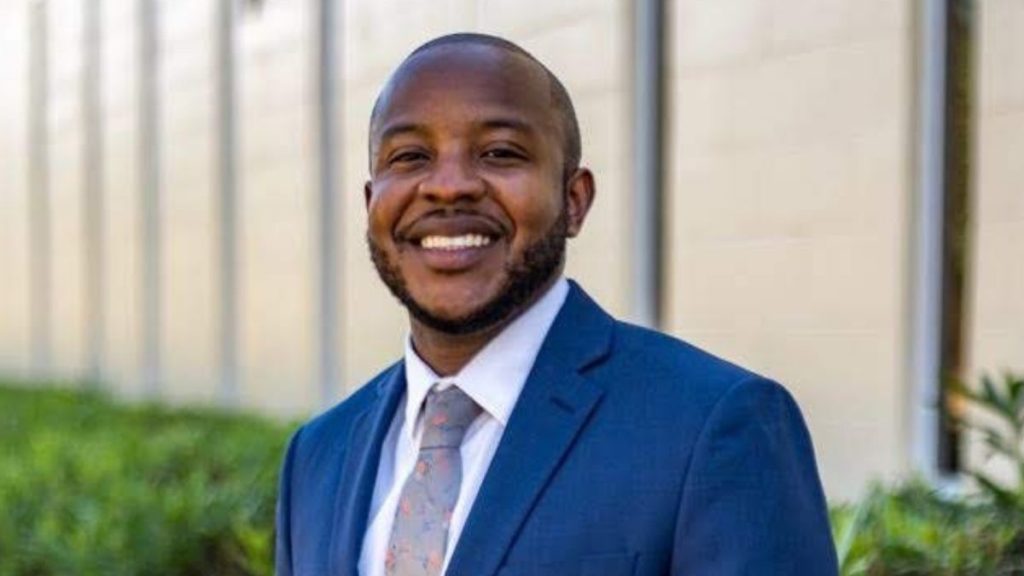As the COVID-19 pandemic rages on around the world, research has begun to reveal that it is not the only pandemic that the medical community is being called upon to address. According to a recent Gallup poll, the next pandemic has arrived and it involves a disturbing rise in mental health issues around the globe.
For the new generation of medical professionals entering medical schools this year, understanding how to effectively treat mental health issues, such as depression and anxiety disorders, is of critical importance. Thankfully, University of Health Sciences Antigua (UHSA) in Piccadilly, Antigua, is equipping its students to bring relief to those suffering with mental health issues by training them in the use of psychedelic drugs.
“Mental health is such a big topic in the world of healthcare today, especially with the effects that the COVID-19 pandemic is having in that area,” explains Dr. Adedayo Akande, President of UHSA. “As far as psychedelics are concerned, there is a wide range of research that proves how beneficial they are for treating mental health issues ranging from post-traumatic stress disorder to anxiety to basic depression. That is one of the main reasons that we are committed to diving in to this field of study. It’s the future of medicine and it is essential that the medical profession learn to apply it.”
Founded in 1982 in Dow’s Hill, Piccadilly Antigua, UHSA is a private university that offers students from around the world the opportunity to earn a Doctor of Medicine. The school’s psychedelic research program is launching this year in cooperation with Revive Therapeutics, a specialty life sciences company that is involved in the research and development of therapeutics for medical needs and rare disorders.
“The world is waking up to the fact that natural medicine is the way to go,” explains Dr. Akande. “The students in our medical program will now be able to experience this very important facet of natural medicine hands on, carrying what they learn with them into their medical careers and having it as a tool to treat their future patients.”
UHSA’s training in the area of psychedelics will focus primarily on psilocybin, which is the psychoactive compound obtained from certain types of mushrooms. In late 2020, Oregon became the first US state to legalize psilocybin and open the door to legal therapeutic use. Clinical trials conducted in late 2020 showed that psilocybin-assisted therapy effectively produced sustained antidepressant effects in patients with major depressive disorder.
Students at UHSA will have the opportunity to go beyond textbook learning when it comes to psychedelics and participate with Revive as they conduct clinical trials at the research labs on the UHSA campus.
Dr. Akande believes that being based in the Caribbean gives his program an edge over those that offer psychedelic training in the US, where regulatory bureaucracy has a tendency to slow down progress. While there are a growing number of US schools providing training in psychedelics, many psychedelic drugs are still in the process of winning approval from the US Food and Drug Administration.
“Our main focus with this program is to educate our students on this natural pathway of medicine in addition to the more traditional pathways that most doctors already know,” Dr. Akanda explains. “I strongly believe that psychedelics are the future of medicine. What better way for our students to get ahead of the game and be ready when the world comes around and embraces the benefits of natural medicine?”
